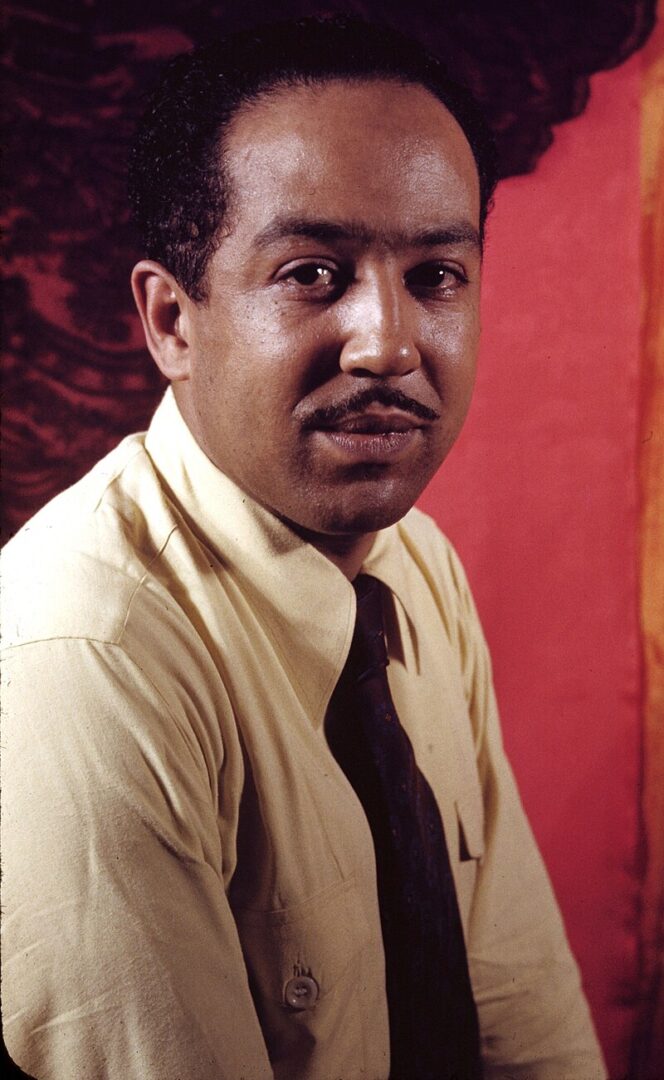By Tatiana Ponil


FROM WIKIPEDIA COMMONS
James Mercer Langston Hughes (February 1, 1901 – May 22, 1967) was an American poet, social activist, novelist, playwright, and columnist from Joplin, Missouri. One of the earliest innovators of the literary form called jazz poetry, Hughes is best known as a leader of the Harlem Renaissance.
Growing up in the Midwest, Hughes became a prolific writer at an early age. He moved to New York City as a young man, where he made his career. He studied at Columbia University in New York City. Although he dropped out, he gained notice from New York publishers, first in The Crisis magazine and then from book publishers, and became known in the creative community in Harlem. His first poetry collection, The Weary Blues, was published in 1926. Hughes eventually graduated from Lincoln University.
In addition to poetry, Hughes wrote plays and published short story collections, novels, and several nonfiction works. From 1942 to 1962, as the civil rights movement gained traction, Hughes wrote an in-depth weekly opinion column in a leading black newspaper, The Chicago Defender.
On May 22, 1967, Hughes died in the Stuyvesant Polyclinic in New York City at the age of 66 from complications after abdominal surgery related to prostate cancer. His ashes are interred beneath a floor medallion in the foyer of the Schomburg Center for Research in Black Culture in Harlem. It is the entrance to an auditorium named for him. The design on the floor is an African cosmogram entitled Rivers. The title is taken from his poem “The Negro Speaks of Rivers“. Within the center of the cosmogram is the line: “My soul has grown deep like the rivers”.
